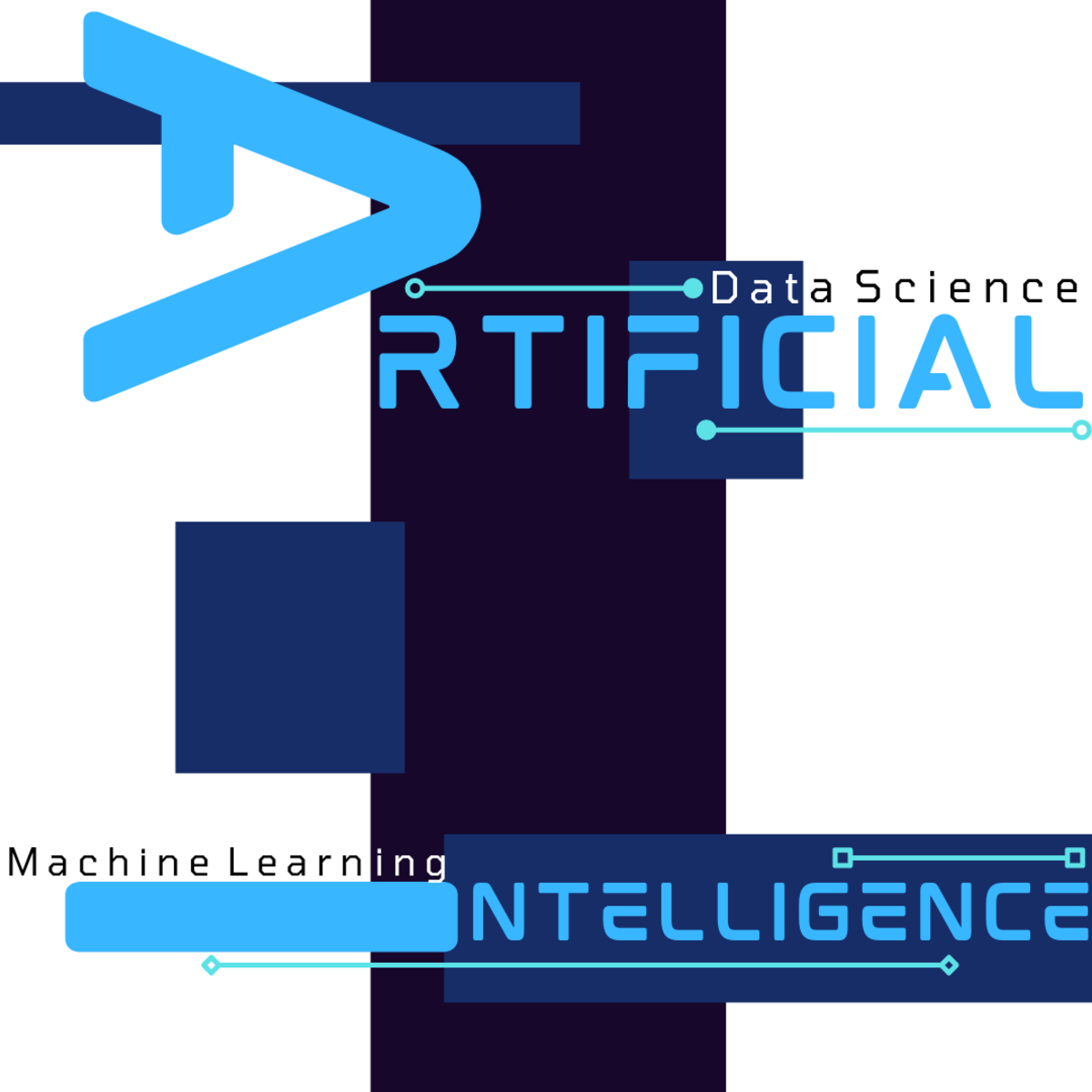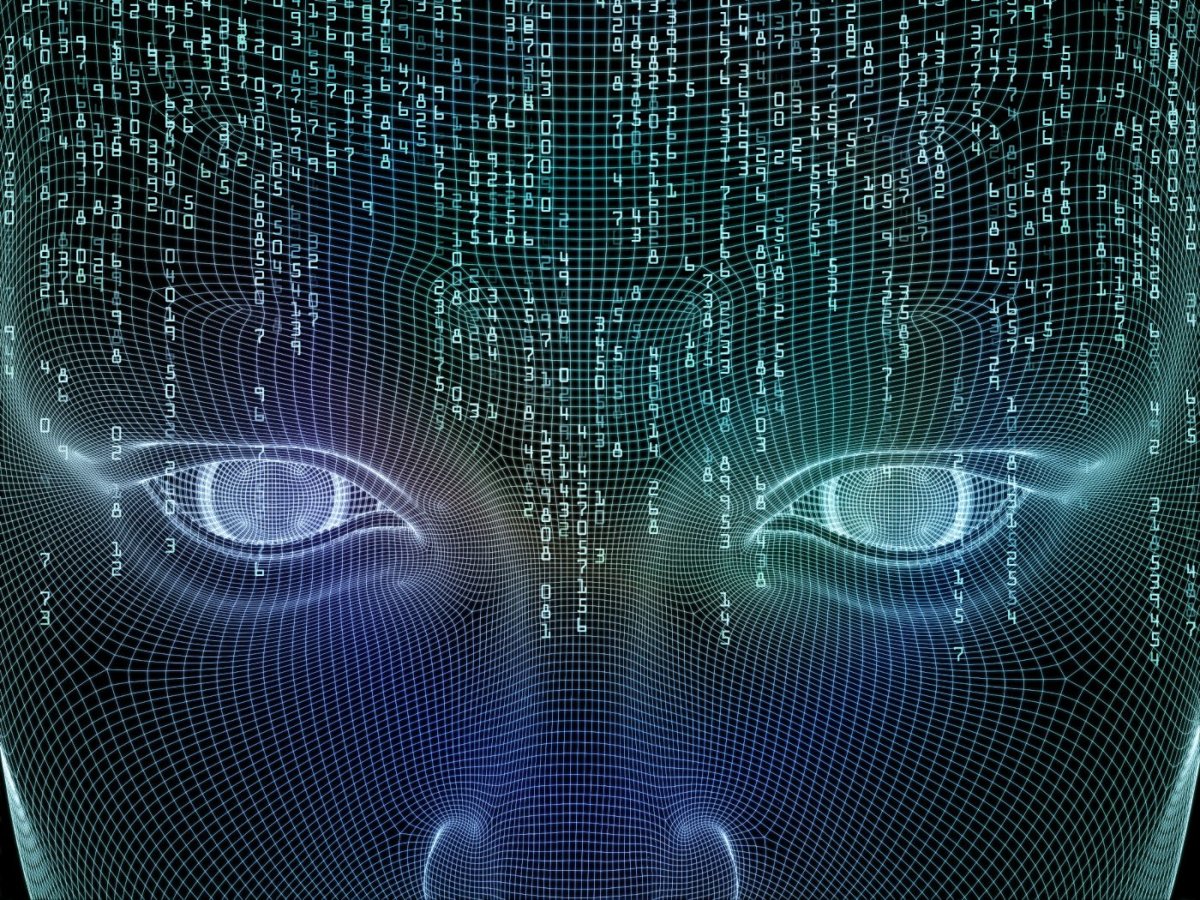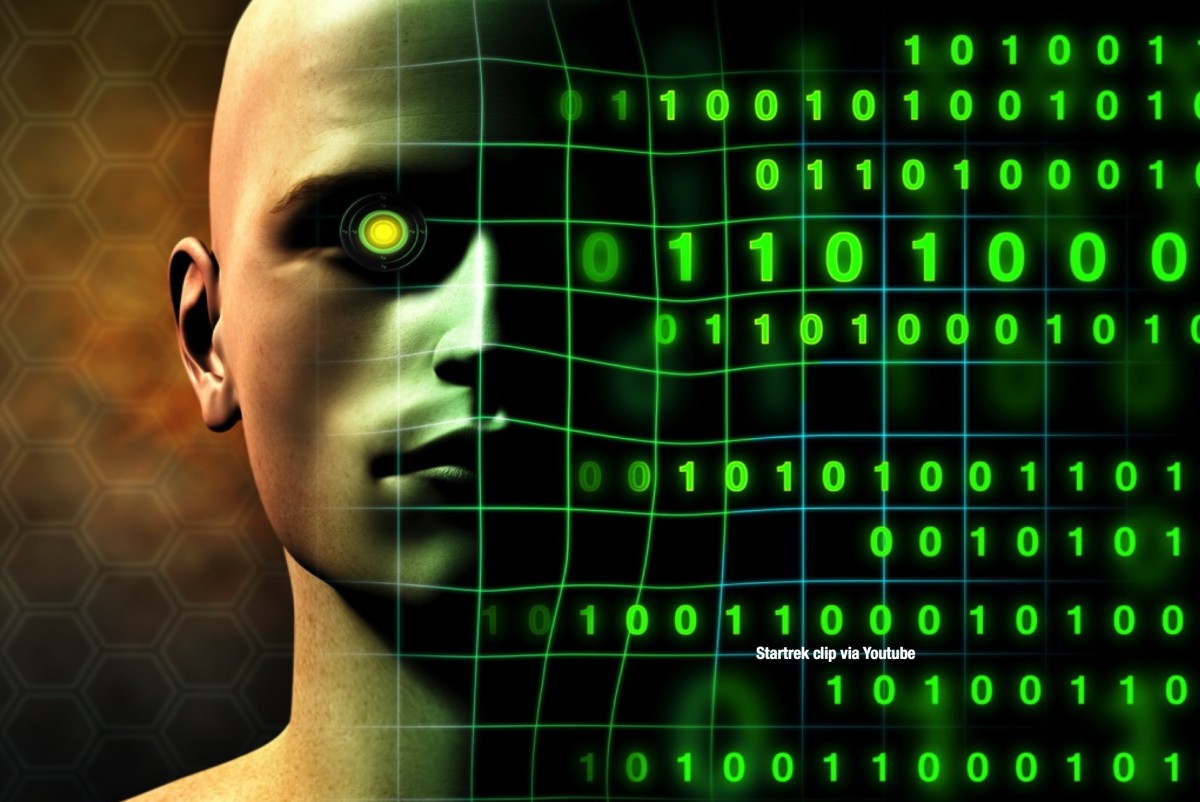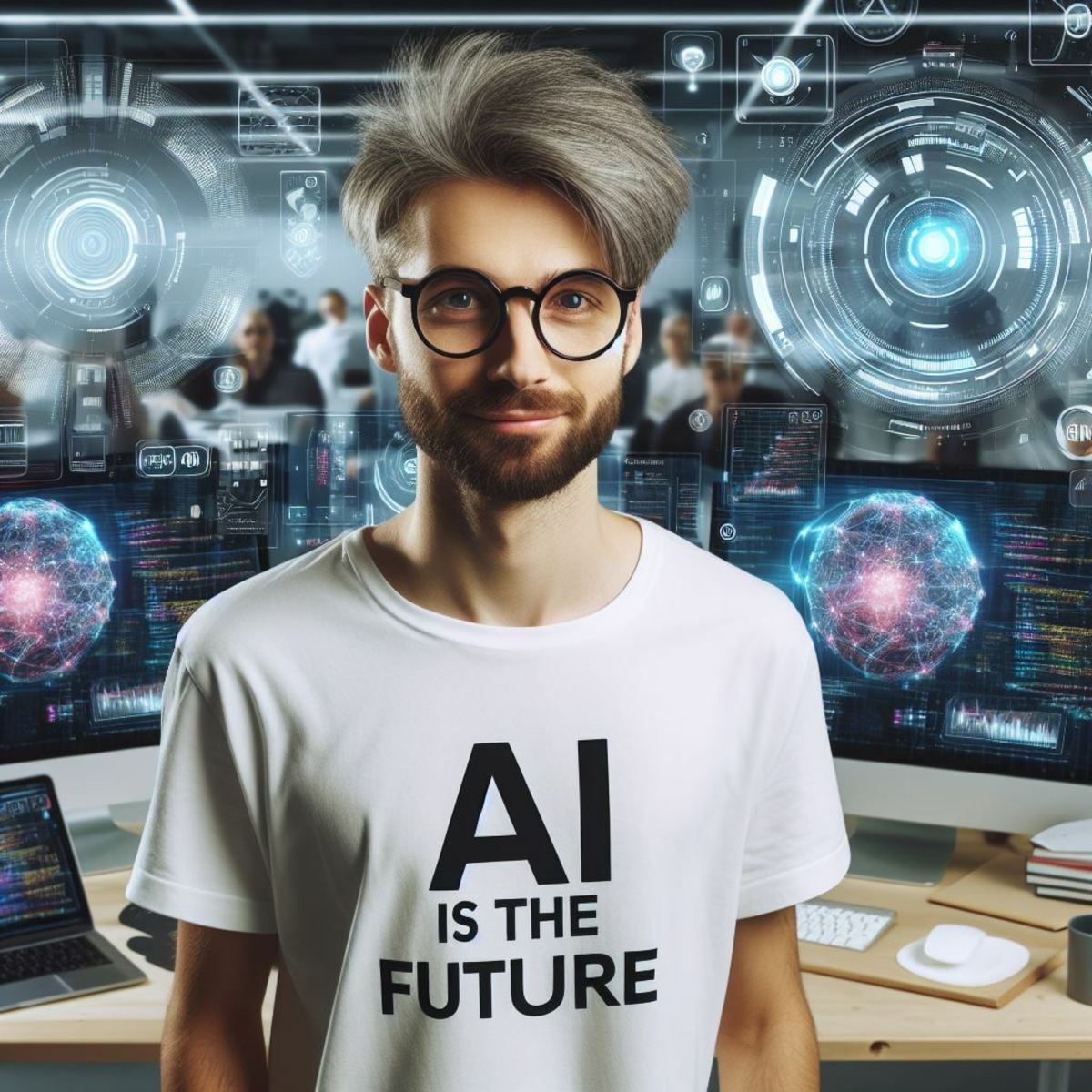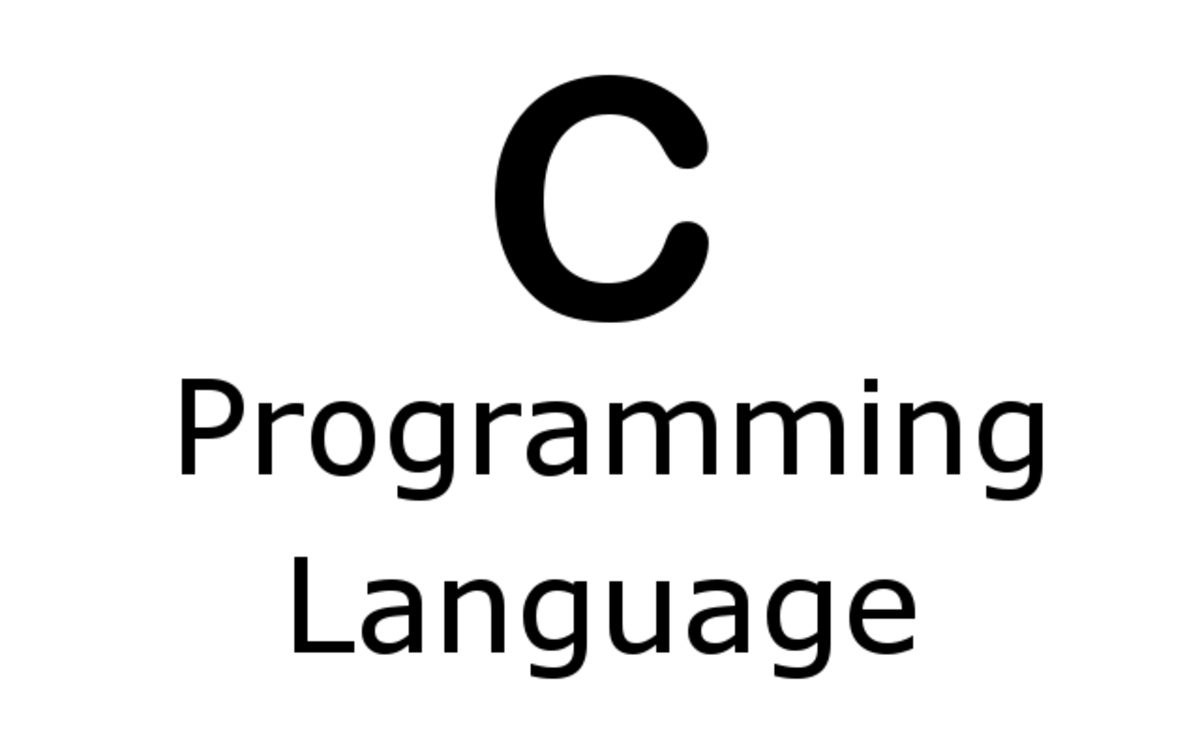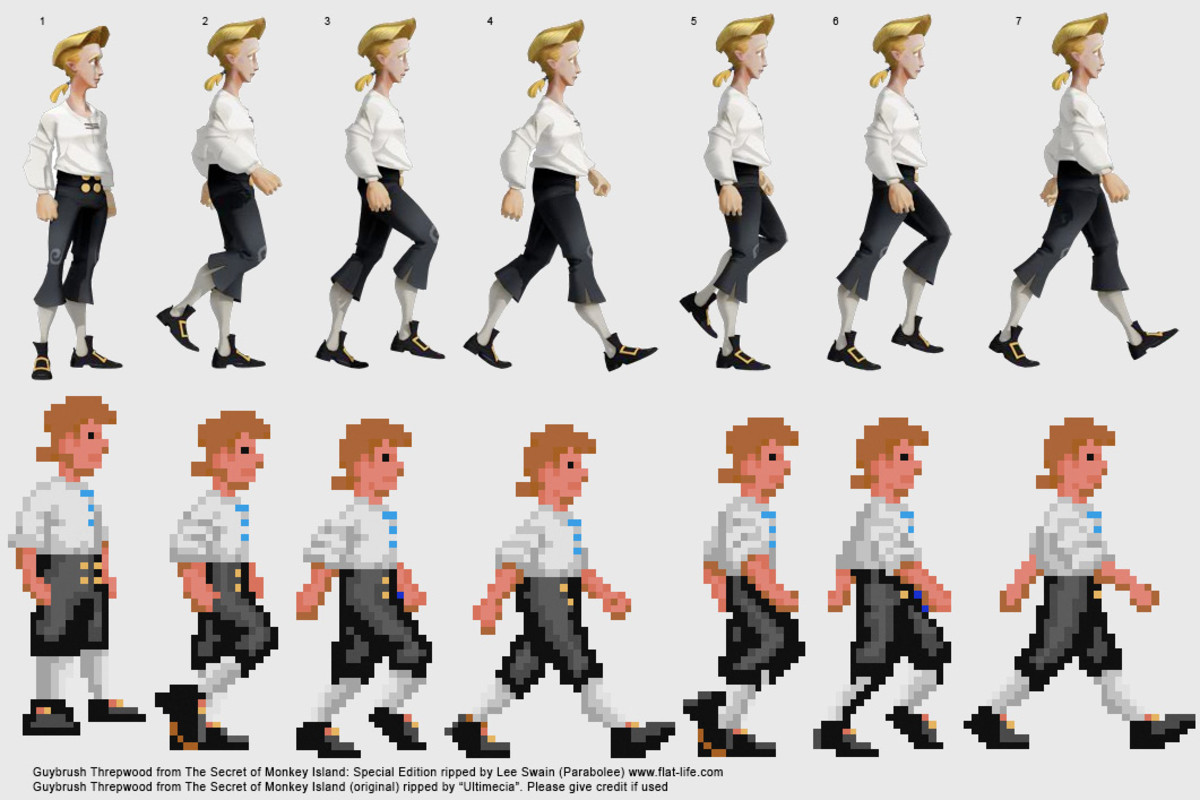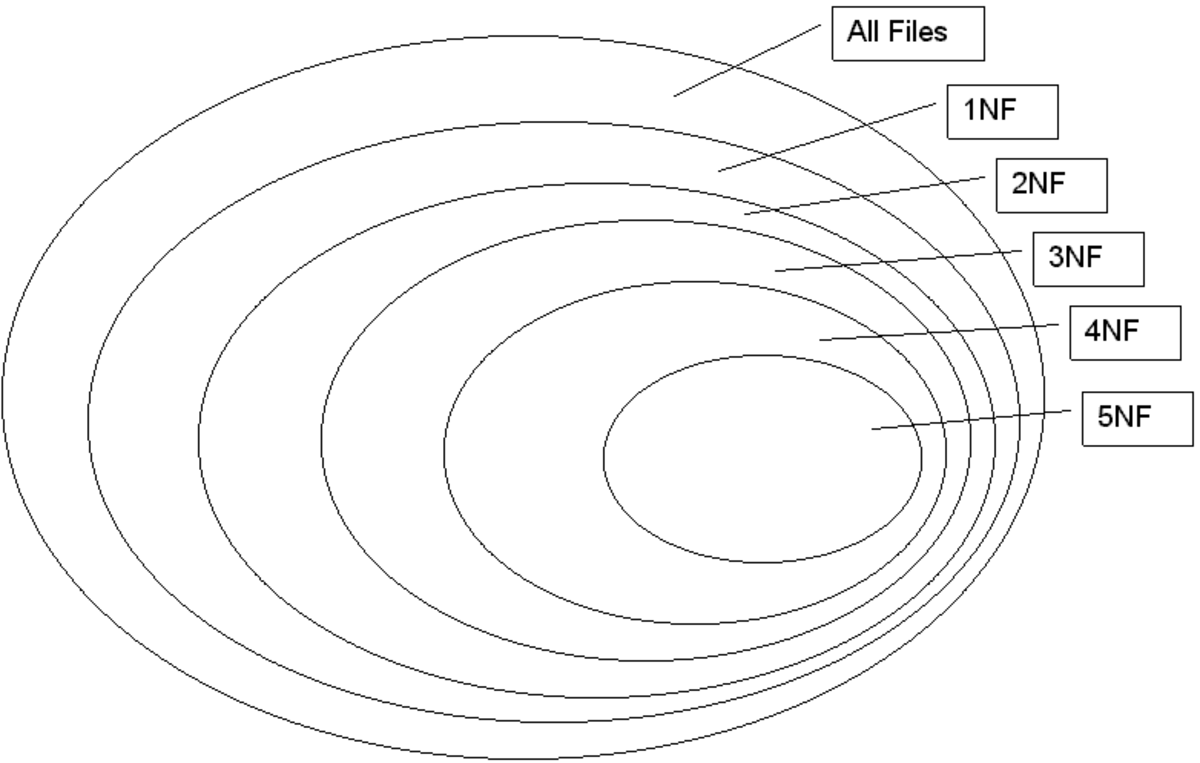- HubPages»
- Technology»
- Computers & Software»
- Computer Science & Programming
Impact of Artificial Intelligence on Labor
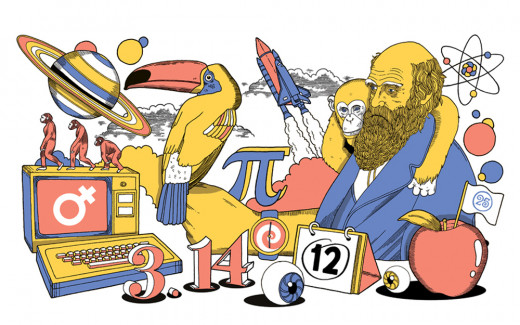
“By far the greatest danger of Artificial Intelligence is that people conclude too early that they understand it.”
― Eliezer Yudkowsky (Machine Intelligence Research Institute)
Have you ever spoken to Siri to get an unusual yet amusing and fun answer? Or have you asked Alexa to buy your daily essentials from Amazon and have it shipped to your home address? While these comforting technologies make everyday lives simpler and efficient, they seem to have instilled a fear of losing jobs, especially industrial jobs. Voice recognition (Siri, Alexa), Pattern recognition (Biometric system) and Machine vision are some applications of Artificial Intelligence.
Artificial Intelligence or Machine Intelligence is the area that emphasises on and aims to improve machine intelligence. Machine intelligence is not only aspired to mirror cognitive and other human functions but also, perform tasks better than human beings. We have for years fantasized the idea of a superintelligent AI performing complex functions in movies and books. Today, the impact of AI on society is benevolent in many aspects from verification, validation to control. The question arises, will it still be beneficial in the future?
Researchers around the globe are worried about a superintelligent AI behaving unpredictably since it has no basis to feel emotions that humans experience for example love or hate. AI can excel human intelligence ergo, achieving goals faster and possibly, in a destructive manner. But these are long-term challenges. A super AI isn’t concerned with destruction either, it poses a threat to be outrageously competitive with goals that could be misaligned. With the advancement in AI, one of the potential problems closer to us is a decline in jobs. Speech recognition has improved to levels that it can soon be implemented on a large scale. When the technology becomes efficient and affordable enough to be deployed on a bigger level it could spell an end to jobs like telemarketing.
Does it mean an end to many other industrial jobs with the improvement of AI? Behshad Behzadi, who leads the engineering teams working on Google’s AI voice assistant, believes that many of our jobs in various sectors will directly be complemented by AI. In fact, more jobs will be created due to AI. Behshad puts this interestingly, ‘Think about flight attendant jobs before there were planes and commercial flights. No one could really predict that this job will appear. So there are jobs which will be appearing of that type that are related to the AI’. Artificial intelligence will coax a shift in skills that the workforce requires, typically in five sectors (Based on a study by McKinsey Global Institute) - Banking and Insurance, Healthcare, Energy and mining, Manufacturing and Retail.
The falsity of AI drowning jobs is natural but a prudish understanding will allow one to apprehend that this means augmenting employment with abilities to analyse and process data to aid our tasks. We must aspire to acquire jobs that are irreplaceable or at least, complex for AI to take over in the near future. Some of them include creative, social, cognitive and emotional skills.
Colossal refinements in AI will take some years. Until then, how will you prepare for the shift?
© 2019 W h o I s I

